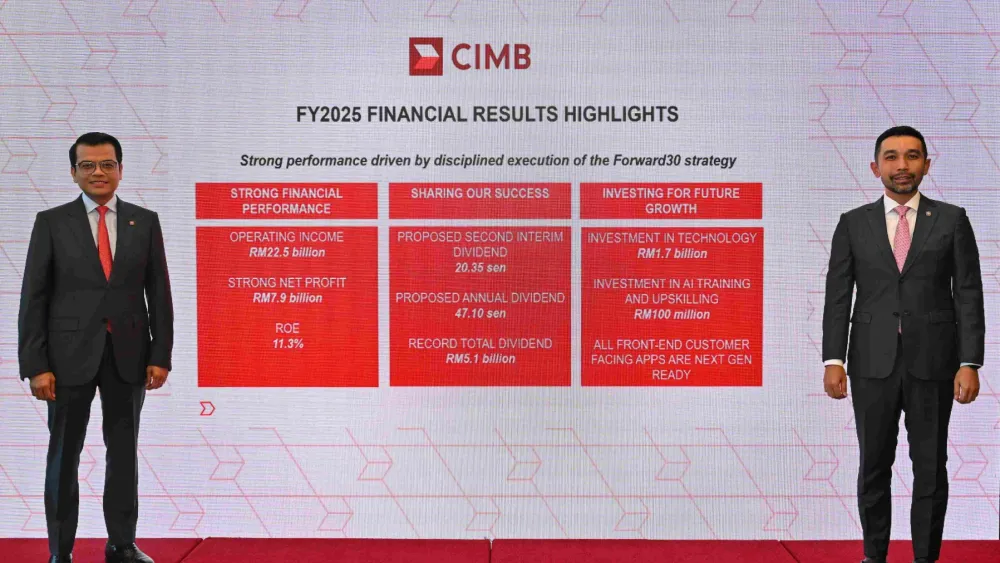
Banks’ CX, customer loyalty to decline in 2025: Forrester
They may end up pushing away customers when they adopt digital strategies the wrong way.
Banks’ customer experience (CX) and customer loyalty are expected to continue deteriorating through 2025 as more organizations ramping up their digitisation initiatives.
Forrester principal analyst Alyson Clarke said that banks will end up pushing customers away from branches and contact sectors towards digital self-service and gen AI-enabled customer service.
“Most banks will implement these digital self-service strategies in ways that fail to elicit the emotionally positive experiences that are so critical in driving customer loyalty. As CX quality declines, so does customer loyalty,” Forrester said in its ‘Prediction 2025: Banking’ report.
Executives must step up their game on product and service innovation, particularly in conversational banking and deposit offerings, Clarke said.
Clarke believes that 2025 will be the year when ‘conversational banking’ will take off.
“Leaders will use AI capabilities to make their in-app bots smarter and more useful to customers. Features such as helping customers navigate the app, providing assistance, and offering personalized financial guidance will become more common,” Clarke said.
Banks will need to design their conversational assistants well, implement AI governance, and invest in rearchitecting their conversational AI systems to mitigate implementation risks, she added.
Clarke also sees a new deposit model emerging: “save now, pay later” (SNPL).
Forrester anticipates that Klarna’s new SNPL offering will push under companies to introduce SNPL options, especially in Western markets.
“FWith intense competition for customers’ savings, banks must innovate and explore new solutions to provide economic value. Failing to do so could lead to being left behind, as we’ve seen with the “buy now, pay later” trend,” Clarke said.
Real-time processing will be the norm in 2025— but it won’t drive innovation on its own.
Widespread adoption of real-time payments, funding, open banking, fraud assessment, and cross-money movement won’t immediately lead to innovative products and CX improvements, according to Clarke.
“Financial institutions need to prioritize the development of value-added products and services on top of real-time infrastructure to meet customer expectations, gain a competitive edge, and shape the future of real-time processing,” she said.



















 Advertise
Advertise










